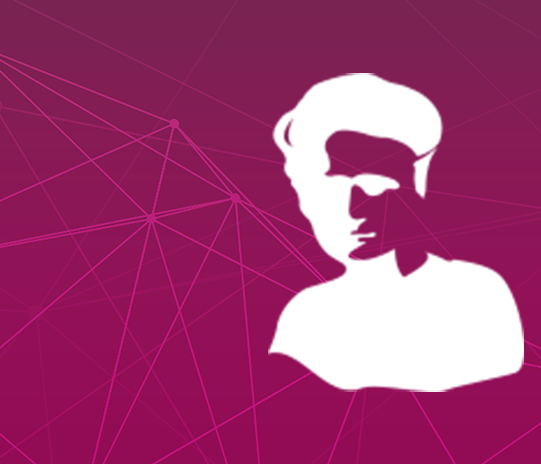Four researchers receive Marie Curie grant
The University of Bergen has been awarded four EU-funded mobility grants through Marie Skłodowska-Curie Actions (MSCA). One grant goes to The Faculty of Humanities, and three will go to The Faculty of Mathematics and Natural Sciences.

Main content
The European Commission recently announced the awardees of Marie Skłodowska-Curie Actions Postdoctoral Fellowships, European mobility grants, for 2022.
Out of 7,044 applicants, 1,093 researchers will be supported with a total of €218.5 million, and four of the grants go to the University of Bergen (UiB).
Thus, four researchers will come to Bergen from abroad to conduct research together with colleagues at UiB.
Social anthropologist comes to the Faculty of Humanities
Nurul Huda Mohd Razif is one of the researchers who will come to Bergen through the MSCA programme. She has a PhD in social anthropology from Cambridge and is currently researching marriage and intimacy in Southeast Asia at Kyoto University in Japan. During her career, she has conducted extensive research on how Islamic law, especially family law, is interpreted and practiced in Southeast Asia.
When she arrives at UiB, she will be part of the CanCode project, led by Eirik Hovden, with whom she will collaborate closely. CanCode is funded by the Trond Mohn Foundation and the Faculty of Humanities (HF) at UiB.
Hovden says that HF contains a large interdisciplinary team which conducts research on Islam and the Middle East, and that they have a lot of externally funded project activity going on. He’s excited to welcome Nurul Huda.
“She is a distinguished young academic with a truly international background. With her on the team, we can expand our work significantly and include empirical findings from another important regional context, namely Southeast Asia, where many significant changes in Islamic law and legal practices are taking place.”
Divorce in Muslim Southeast Asia
Hovden is looking forward to working with Nurul Huda on the project MALAYMATRIMONEY which will examine recent trends in family law practice in Muslim Southeast Asia.
“She will research the fact that Muslim women in Southeast Asia are, more often now compared to previously, entitled to a significant portion of the estate in the event of divorce”, says Hovden, and adds:
“This is a trend we have seen in large parts of the Muslim world in recent years, but these changes are implemented and legitimized differently in different Muslim countries. These changes occur not only through new legal codes that are enforced top-down, but also from actors with considerable informal power in and around the court system.”
He believes her findings could have important and interesting implications.
“The findings can lead to a much better understanding of how Islamic law changes over time in today's global and digital context. It is important to understand how changes actually occur and not just how different actors think they should occur”, he says.
Good success rate at Matnat
In addition to HF’s grant, the Faculty of Mathematics and Natural Sciences (Matnat) has gotten three grant applications approved this year. The soon-to-be Matnat researchers will come from research institutions in the Netherlands, the USA and France, and their projects concern topics such as the lithosphere, atmospheric blocking and computational mathematics.
The latter topic will be researched by Italian mathematician Enrico Facca. At UiB, he will investigate simulations of blood flow in the brain's tiny blood vessels. His academic mentor, Jan Martin Nordbotten, hopes that Facca's findings can be used diagnostically to detect early disease, provide more precise prognoses and better tools to choose optimal patient treatment in the future.
The MSCA-PF grants represent recognition of quality, both of the incoming researchers' projects and the academic environments in which they will work.
The academic communities and the researchers who will guide the MSCA fellows are thoroughly assessed before the awardees are determined.

